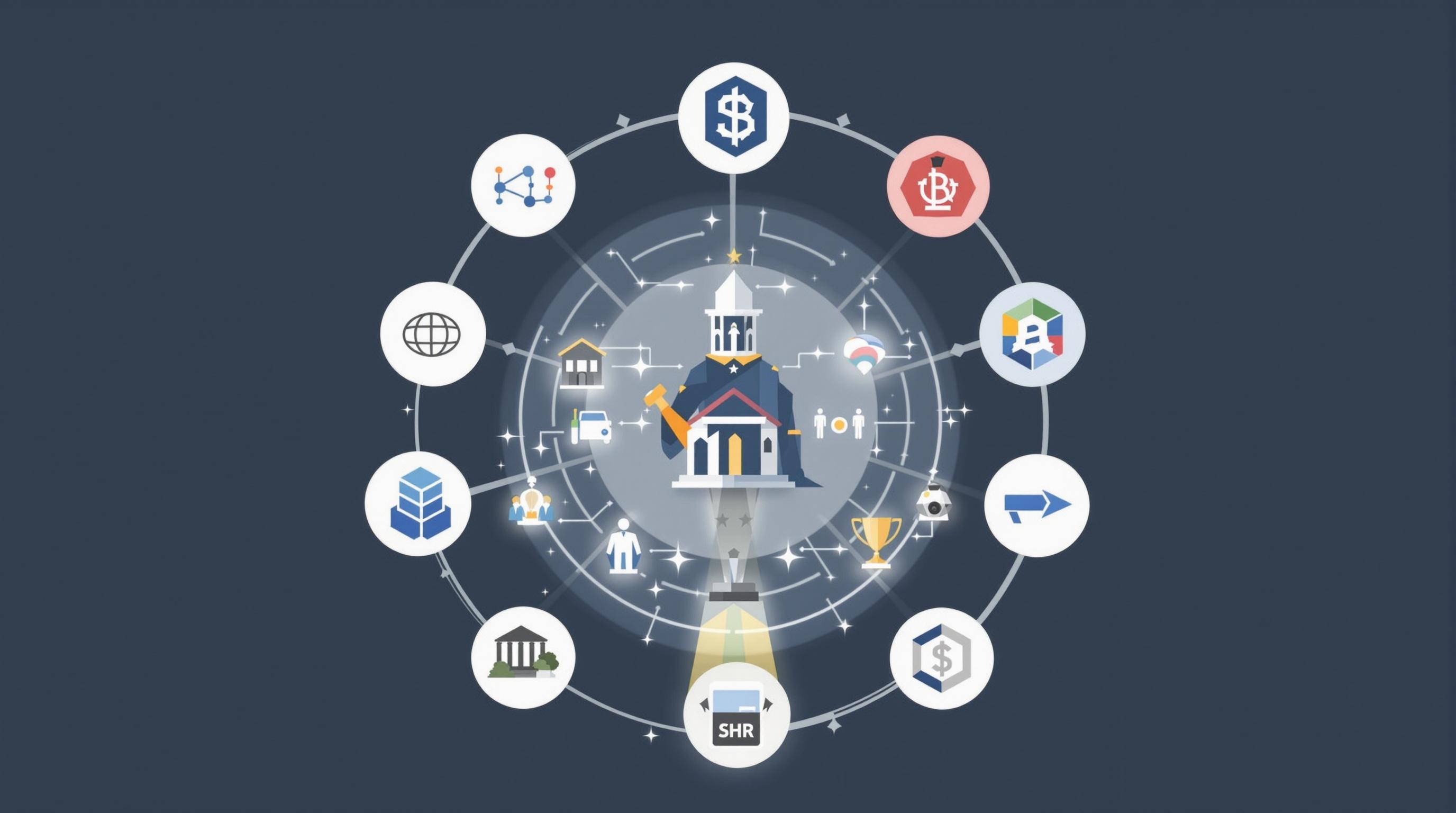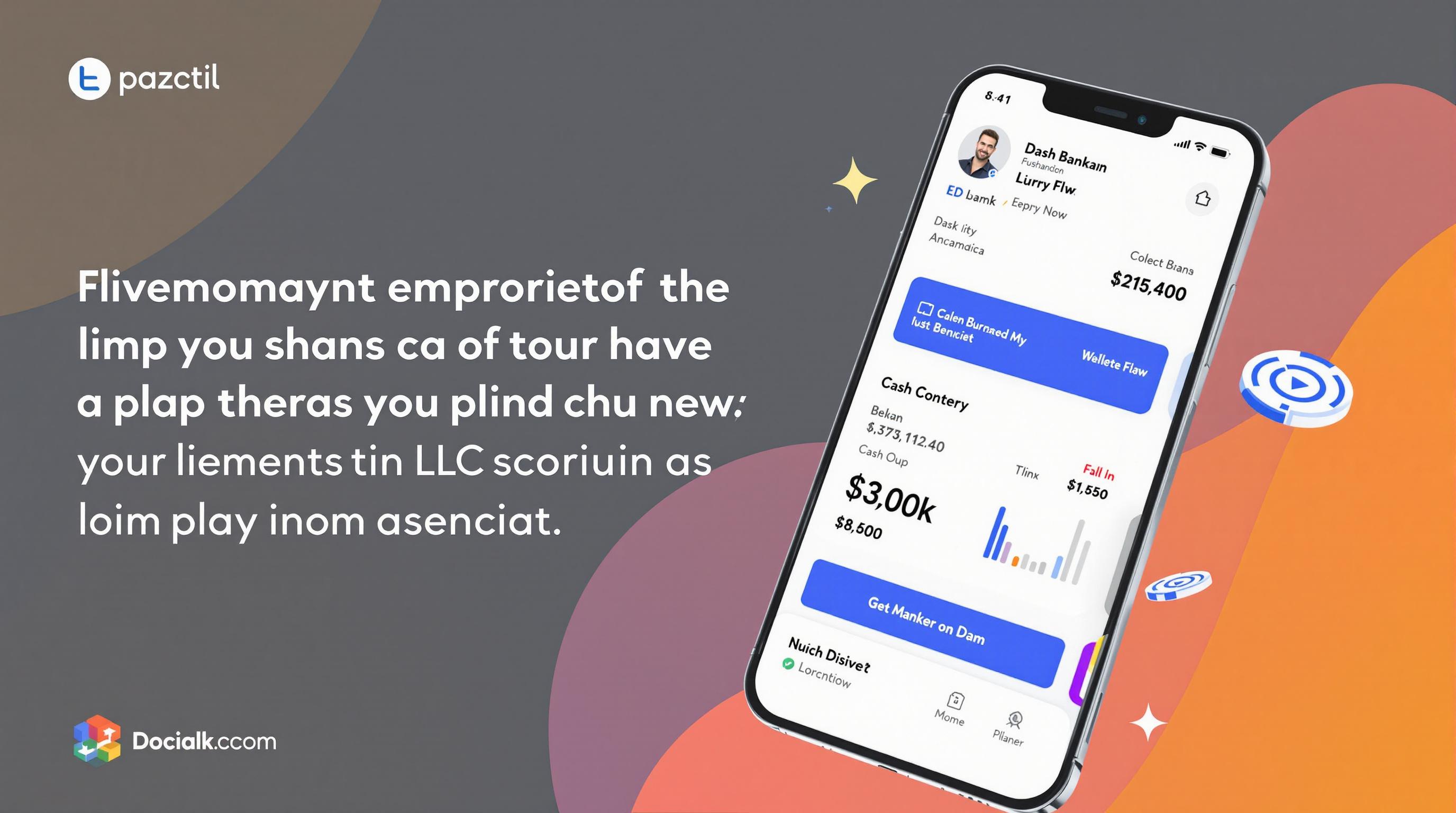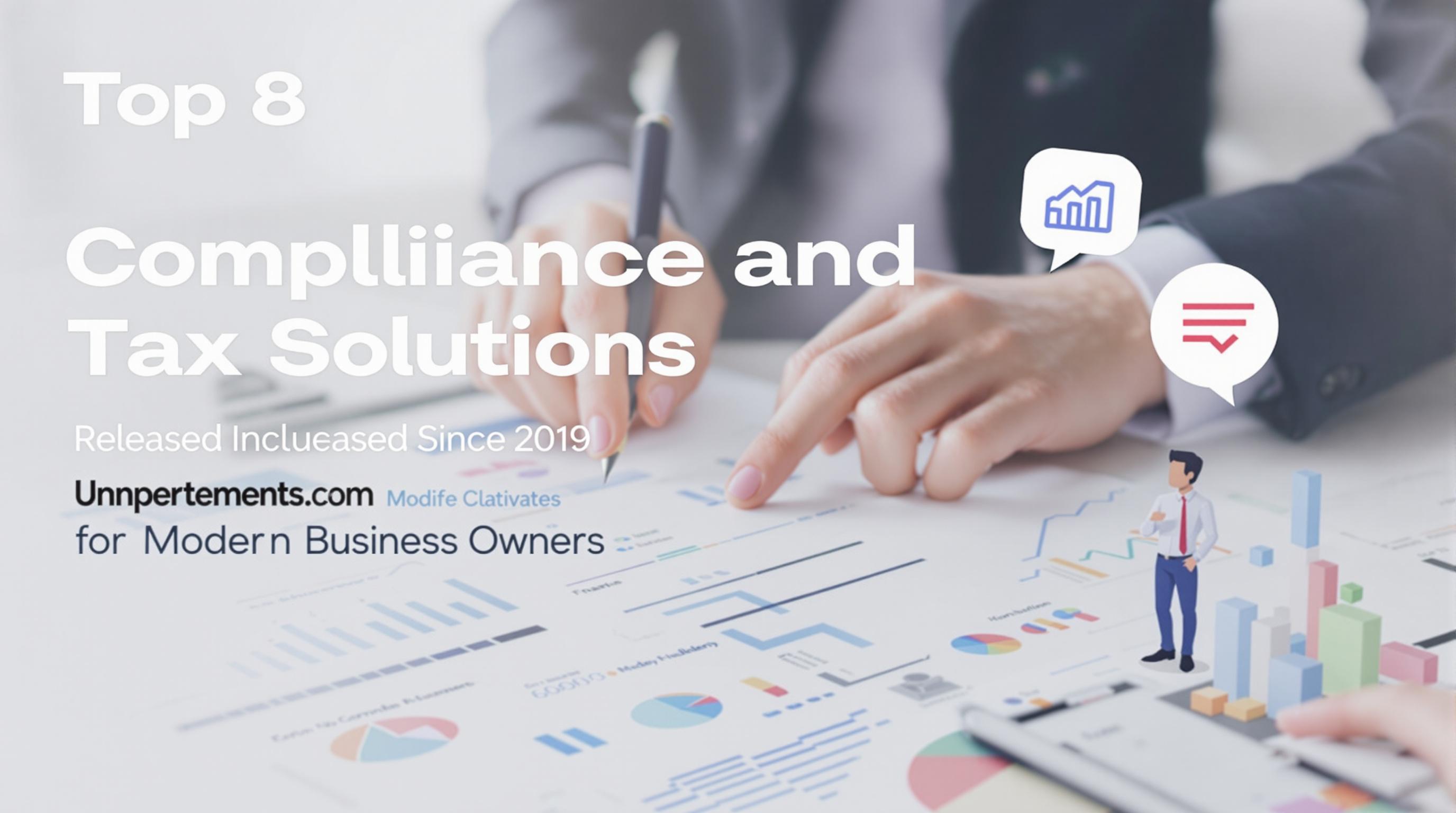Related Articles
- Unraveling the Silent Influence of Biometric Data on European Privacy Safeguards and Compliance Challenges
- Top 6 Game-Changing Franchise Analytics Platforms Launched Since 2019 for Strategic Brand Expansion
- Hidden Pitfalls in Using NDA Templates for Cross-Cultural Tech Collaborations: Lessons from Unexpected Legal Quagmires
- Top 6 Emerging AI-Powered Negotiation Tools Transforming Product Partnership Deals Since 2019
- Top 6 Under-the-Radar Business Licensing Tools Released Since 2019 That Outsmart Traditional Systems
- How Emerging Environmental Regulations Are Secretly Reshaping Small Business Structures in Unexpected Ways
Top 9 Next-Gen Corporate Governance Platforms Released Since 2019: Expert Reviews and Rankings
Top 9 Next-Gen Corporate Governance Platforms Released Since 2019: Expert Reviews and Rankings
Top 9 Next-Gen Corporate Governance Platforms Released Since 2019: Expert Reviews and Rankings
The evolution of corporate governance platforms reflects the increasing complexities and demands of modern boards and executives. Since 2019, numerous next-generation governance tools have emerged, aiming to revolutionize how companies manage compliance, stakeholder engagement, and decision-making processes. Below, we explore nine standout platforms, each bringing innovative features to enhance transparency, efficiency, and strategic oversight for corporate leaders.
These platforms were evaluated based on usability, feature breadth, security protocols, integration capabilities, and expert user feedback gathered from industry reports and technology reviews published by Gartner, Forrester, and trusted business technology sites.
By highlighting their unique strengths and limitations, this article offers executives, governance professionals, and IT decision-makers a comprehensive guide to selecting the right tools for their organizational needs in an era of digital transformation.
1. Diligent Boards
Diligent Boards has set a high standard in board management with its secure, cloud-based platform designed specifically for organizational governance. Released updates since 2019 have focused heavily on enhancing collaboration tools and integrating AI-driven insights to aid decision-making.
Experts praise its intuitive interface and comprehensive compliance management capabilities, which help boards stay aligned with regulatory demands and evolving governance principles. Its widespread adoption among Fortune 500 companies testifies to its reliability and sophistication.
However, some users note that the pricing structure can be premium compared to competing platforms, potentially limiting accessibility for smaller institutions. Overall, Diligent remains a top-tier choice for enterprises prioritizing security and depth.
2. BoardEffect
BoardEffect stands out for its focus on improving board engagement and simplifying meeting preparation through automated workflows and centralized document management. Since 2019, it has enhanced mobile functionality, ensuring accessibility for board members on the go.
The platform's seamless integration with Microsoft Office and other corporate tools has been a highlight noted by IT administrators. Additionally, its reporting and analytics features empower governance teams to track performance and compliance metrics efficiently.
Despite its many strengths, some critics mention that customization options for certain modules could be expanded. Nonetheless, its balanced mix of features and affordability appeals to mid-sized organizations boosting their governance frameworks.
3. Nasdaq Boardvantage
Nasdaq Boardvantage delivers a robust, secure platform with a focus on real-time collaboration and meeting intelligence. Emphasizing a user-centric design, updates since 2019 have introduced advanced agenda management and enhanced integration with virtual meeting platforms.
Governance specialists recommend it for organizations seeking scalability and compliance adherence, particularly in highly regulated industries such as finance and healthcare. Its audit trails and secure communication channels ensure thorough accountability for all board actions.
The platform’s occasional learning curve is mitigated by comprehensive training resources provided by Nasdaq. Overall, it remains a strong contender for enterprises valuing sophisticated governance tools supported by extensive customer support.
4. OnBoard by Passageways
OnBoard by Passageways champions ease of use with a clean, modern interface and robust mobile app experience. Its post-2019 versions introduced AI-driven documentation searches and customizable board portals, appealing to boards wanting speed without sacrificing functionality.
Industry reviews commend OnBoard’s focus on improving meeting efficiency through automated reminders and streamlined voting processes, reducing administrative burdens significantly. The platform also supports various collaboration features such as annotations and secure messaging.
While OnBoard scores high on user satisfaction, some organizations highlight that integration with legacy systems can occasionally require additional IT involvement. Despite this, its flexible subscription models make it accessible to a broad range of corporate entities.
5. Boardable
Boardable targets nonprofit and smaller for-profit entities by delivering governance solutions that emphasize easy setup and affordability. Updates since 2019 have added video meeting capabilities and enhanced task management modules, enabling more dynamic board interactions.
Experts appreciate Boardable’s simplicity and focus on community engagement, which helps organizations keep trustees connected and well-informed. Its centralized document storage and built-in calendar tools reduce common governance challenges for smaller boards.
Some limitations include fewer advanced analytics compared to enterprise platforms; however, for organizations prioritizing accessibility and straightforward governance, Boardable is a compelling option backed by positive user feedback.
6. Aprio Board Portal
Aprio Board Portal is recognized for its secure, flexible solution tailored to diverse governance structures. Post-2019 enhancements have introduced multi-factor authentication and enhanced permissions settings, catering to enterprises with heightened security requirements.
Its user-friendly drag-and-drop interface supports rapid document assembly, while comprehensive meeting tools facilitate efficient communication and approval workflows. Governance consultants commend Aprio’s balance of sophistication and accessibility.
Some users desire more extensive third-party integrations, but Aprio steadily improves its ecosystem connectivity. Its strong security features and continuous updates maintain its position as a reliable governance platform.
7. BoardDocs
BoardDocs, developed by Questica, continues to be a specialized platform for public sector and educational boards, streamlining agenda management and compliance tracking. Since 2019, the platform has introduced enhanced search capabilities and cloud scalability improvements.
Educational administrators value its focus on legal compliance and public transparency, essential for school districts and government bodies. Its user support and training programs ensure effective adoption among less tech-savvy users.
While less feature-rich for corporate boards, BoardDocs remains an excellent solution for organizations needing a purpose-built governance tool that prioritizes public sector requirements.
8. Azeus Convene
Azeus Convene has earned recognition for its secure, multi-language platform designed to serve global boards. Updates since 2019 have enhanced artificial intelligence features, such as automatic meeting minutes generation and document version control.
Its offline access capabilities and flexible permission settings are particularly appreciated by multinational companies with complex governance needs. The platform’s award-winning security protocol meets stringent international standards.
Despite occasional concerns about initial setup complexity, Convene’s user-centric features and multilingual support position it well for boards operating in diverse environments seeking next-gen governance solutions.
9. eSCRIBE
eSCRIBE specializes in municipal and government meeting management, bringing transparency and efficiency to public governance. Since 2019, it has focused on enhancing accessibility features and integrating with digital records management systems.
The platform helps public institutions comply with open meeting laws while promoting citizen engagement through streamlined agenda distribution and meeting broadcasting. Reviewers commend its commitment to public sector needs and ease of use.
While less applicable for private sector boards, eSCRIBE remains a critical tool for local governments and public agencies embracing next-generation governance technology tailored to their unique mandates.
Conclusion
The nine corporate governance platforms reviewed here exemplify the surge of advanced digital tools designed to meet the evolving demands of organizations across industries and sectors. Through innovations in AI integration, mobile accessibility, security, and user experience, these platforms empower boards and executives to govern with greater agility and transparency.
Decision-makers should consider organizational size, regulatory environment, integration needs, and budget when selecting a platform. Consulting independent analyst reports from Gartner’s Peer Insights and Forrester Wave can also provide valuable complementary insights.
Ultimately, adopting a next-gen governance platform is a strategic choice that can shape an organization’s agility and resilience in an increasingly complex business landscape.




